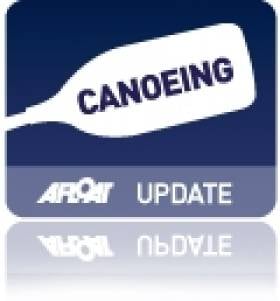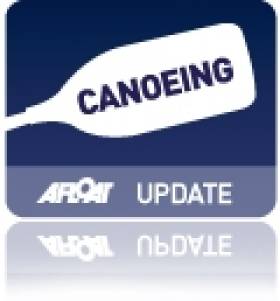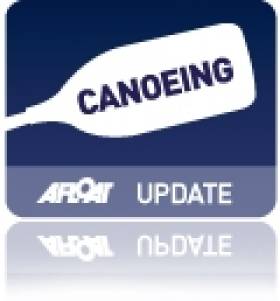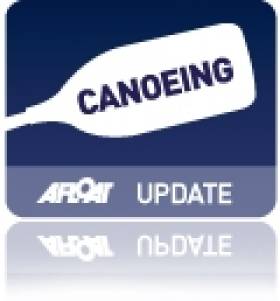Displaying items by tag: Canoeing Ireland
Paddlefest In Waterford & Kilkenny Next Month
#Canoeing - Canoeing Ireland is teaming up with the Canoe Association of Northern Ireland to host a joint Paddlefest in Waterford and Kilkenny on 6-7 April.
The conference centre at the HUB in Cillin Hill, outside Kilkenny, will be the centre of events for the weekend that Waterford Today says will feature competitions, workshops and "awe-inspiring displays" for canoeing, kayaking and paddling experts and novices alike.
Action on the waterways is open to all age groups and abilities, though with a focus on intermediate and advanced paddling skills.
Those taking part will be able to sign up for four workshops over the weekend hosted by top instructors and coaches.
More details of the weekend are available on the Canoeing Ireland website HERE. Registrations are open till this Friday 15 March so be sure not to miss out!
Come-And-Try Kayak Day for Special Olympics Hopefuls
Canoeing Ireland's recent come-and-try kayak day for potential Special Olympians was a success all round, according to organisers.
Hoping to emulate the success of kayakers at the recent Special Olympics Summer Games in Athens, newcomers at the Irish Canoe Union Training Centre at Strawberry Beds were kitted out with paddles, kayaks, helmets, wetsuits and flotation devices before getting to know their kayaks, learning how to paddle and playing some on-water games.
The organisers added: "By the time the athletes were ready to go home they were all tired but asking when the next session would be!"
The Special Olympics website has some photos of the day available HERE.
Entries Open for Junior Liffey Descent
Entries are now open for young canoeists to take part on the 2011 Junior Liffey Descent.
The race kicks off at 1pm on Saturday 28 May on the River Liffey running from Salmon Leap Canoe Club in Leixlip to the Canoeing Ireland Traing Centre at Strawberry Beds.
The entry form for this year's Junior Liffey Descent is available to download HERE.
Entry for Canoe Slalom Team Trials Closes This Weekend
Entry closes this Sunday for the Canoeing Ireland slalom team trials and selection races, scheduled for 16-17 April.
Canoeists hoping for selecton must compete in a total of three events over the weekend. at the Sluice Weir in Lucan, Co Dublin.
Entry forms are available from the Canoeing Ireland website HERE.
Entries must be submitted by e-mail before 5pm on Sunday 10 April, with signed forms payment sent as soon as possible to the Irish Canoe Union.
































































